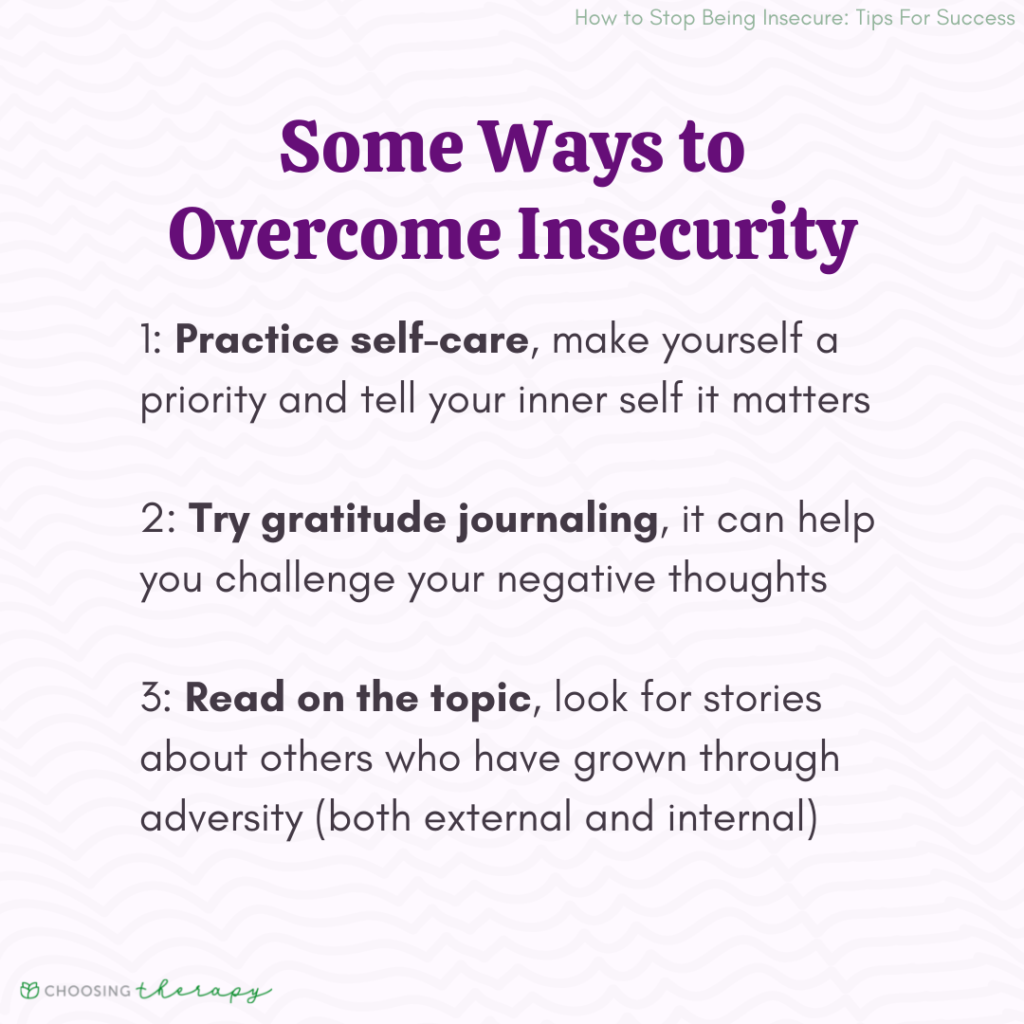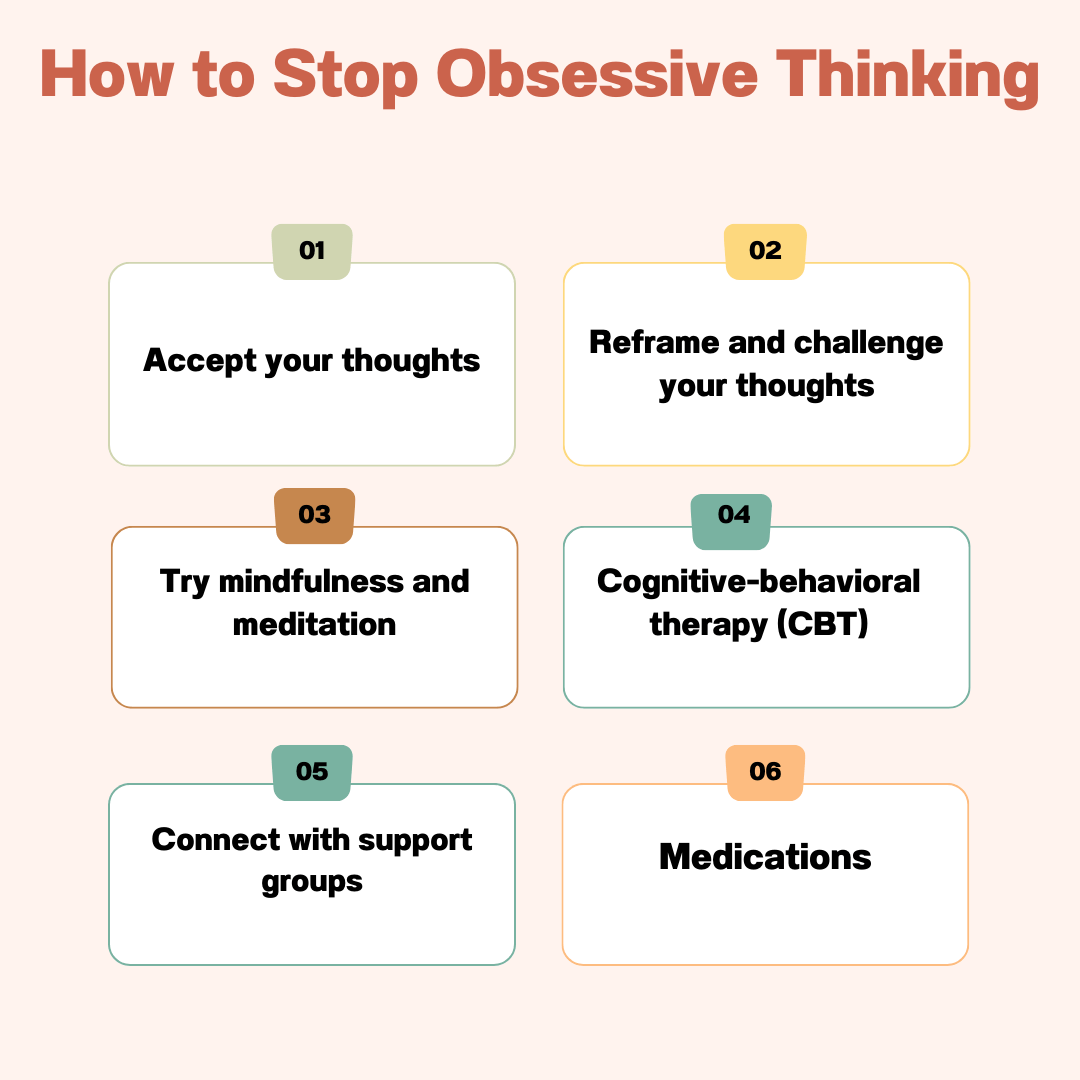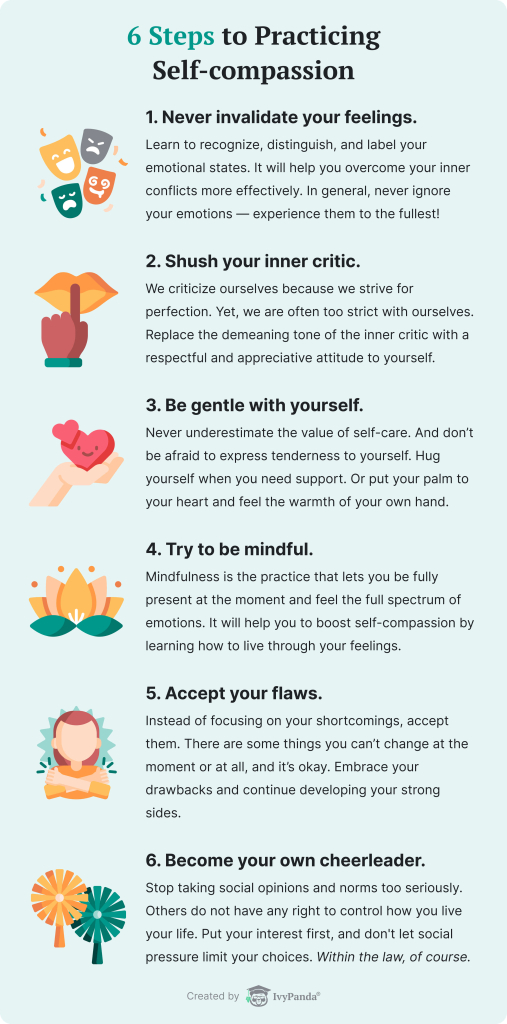How To Get Rid Of Insecure Thoughts

Imagine standing before a mirror, not seeing the person others admire, but a distorted image riddled with self-doubt. This internal critic whispers insidious lies, eroding your confidence and clouding your judgment. It’s a battle fought silently, a struggle against the shadows of insecure thoughts that can plague even the most seemingly self-assured individuals.
But here's the reassuring truth: these thoughts, as powerful as they feel, are not immutable. With conscious effort and the right tools, you can dismantle their foundations and cultivate a more secure, resilient self. This article will guide you through proven strategies to identify, challenge, and ultimately, overcome those pesky insecure thoughts that hold you back.
Understanding the Roots of Insecurity
Insecurity often stems from a complex interplay of factors. These include childhood experiences, past traumas, societal pressures, and even biological predispositions.
According to a study by the American Psychological Association, early relationships with caregivers significantly impact an individual's sense of self-worth. Negative experiences like criticism or neglect can create deep-seated beliefs of inadequacy that linger into adulthood.
Furthermore, the constant barrage of curated perfection on social media amplifies these feelings. It sets unrealistic standards and breeds comparison, further fueling self-doubt and anxiety.
Strategies for Dismantling Insecure Thoughts
1. Identify and Acknowledge:
The first step in overcoming insecurity is recognizing its presence. Pay attention to the negative self-talk that runs through your mind. Journaling can be a powerful tool for tracking these thoughts and identifying common patterns.
Once you've identified them, don't judge yourself for having them. Acknowledge that they are there and that it is okay to feel insecure sometimes.
2. Challenge the Evidence:
Insecure thoughts are often based on distorted perceptions and assumptions. Ask yourself, "What is the evidence for this thought?" and "Is there another way to interpret the situation?".
For example, if you think, "I'm going to fail this presentation," challenge that thought. What evidence do you have that suggests you will fail? Have you prepared adequately? Have you received positive feedback in the past? This process of challenging evidence can help you see the thought for what it is: an insecure feeling and not necessarily a truth.
3. Practice Self-Compassion:
Treat yourself with the same kindness and understanding you would offer a friend. When you experience insecure thoughts, remind yourself that everyone makes mistakes and everyone experiences feelings of inadequacy.
Dr. Kristin Neff, a leading researcher in self-compassion, emphasizes the importance of recognizing our shared humanity. "Self-compassion involves recognizing that suffering and feelings of inadequacy are a normal part of the human experience," she explains.
4. Focus on Strengths and Accomplishments:
Counteract negative self-talk by focusing on your strengths and past accomplishments. Make a list of things you are good at and achievements you are proud of. Review this list regularly to remind yourself of your capabilities.
Consider revisiting old projects or tasks you completed successfully. Take time to soak in that memory and feeling.
5. Seek Support:
Don't hesitate to reach out to friends, family, or a therapist for support. Talking about your insecurities can help you gain perspective and feel less alone. A therapist can provide tools and strategies for managing insecure thoughts and developing a more secure sense of self.
The National Alliance on Mental Illness (NAMI) offers a helpline and resources for individuals seeking mental health support. Remember, seeking help is a sign of strength, not weakness.
In conclusion, overcoming insecure thoughts is a journey, not a destination. It requires patience, persistence, and a willingness to challenge your inner critic. By understanding the roots of insecurity and implementing these strategies, you can cultivate a stronger, more resilient sense of self. Embrace your imperfections, celebrate your strengths, and remember that you are worthy of love and acceptance, just as you are.


















